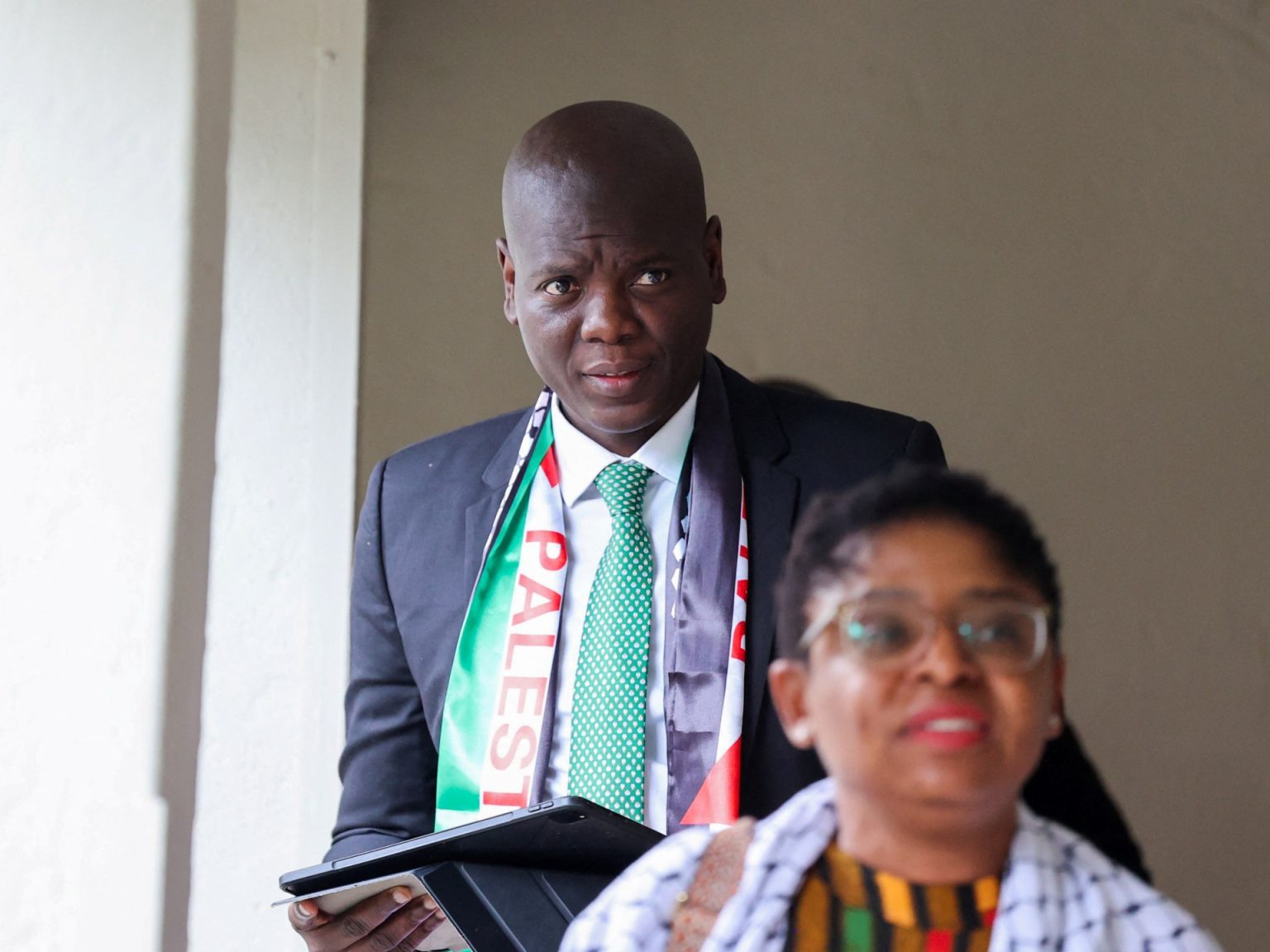The article discusses the recent shift in South Africa’s foreign policy following the appointment of Ronald Lamola as the new foreign minister. Lamola takes over from Naledi Pandor, who led the charge in bringing a case against Israel to the International Court of Justice on charges of genocide. Despite the change in leadership, Lamola is committed to continuing the country’s stance on advocating for the rights of Palestinians and holding Israel accountable for its actions in Gaza. His appointment comes at a critical time as South Africa navigates various conflicts across the African continent.
The formation of a government of national unity (GNU) following the ANC’s loss of a parliamentary majority has required that decisions regarding foreign policy now be made in collaboration with other parties in the coalition. Despite potential differing ideologies among coalition partners, Lamola remains firm about South Africa’s principle of non-alignment in global conflicts. The coalition agreement emphasizes a foreign policy rooted in human rights, constitutionalism, national interest, and multilateralism, ensuring a consistent approach in the country’s international diplomacy.
South Africa’s approach to foreign policy, particularly regarding Palestine and Israel, is expected to be maintained under Lamola’s leadership. The country is preparing for the next phase of its efforts at the ICJ to hold Israel accountable. Lamola will likely mirror his predecessor’s assertive stance on Palestine, with an emphasis on human rights and accountability. Despite his relative youth and newness to the role, Lamola’s political acumen and experience make him a strong advocate for South Africa on the international stage.
In addition to focusing on issues involving Palestine and Israel, Lamola’s immediate priority is addressing conflicts within the African continent. He has expressed commitment to the AU’s initiative to achieve a conflict-free continent by 2030. Lamola aims to mediate conflicts in Sudan, where millions are internally displaced, highlighting the importance of dialogue and peacebuilding efforts in resolving such crises. The minister faces the challenge of effectively utilizing South Africa’s limited resources for diplomatic mediation in crucial conflicts across the continent.
Economic diplomacy is another key aspect of Lamola’s agenda, as he advocates for favorable loan conditions for African countries to support development without impairing sovereignty. Leveraging South Africa’s global position, including its upcoming presidency of the G20, Lamola plans to secure financing for African development projects. He also stresses the importance of addressing climate change in a way that is just and inclusive. Overall, Lamola’s leadership signals a continuation of South Africa’s commitment to advocating for human rights, promoting peace in Africa, and addressing economic and environmental challenges on the global stage.












